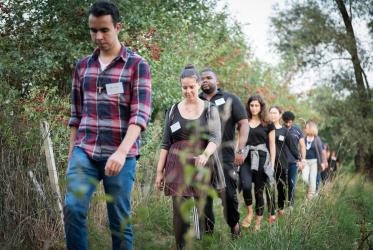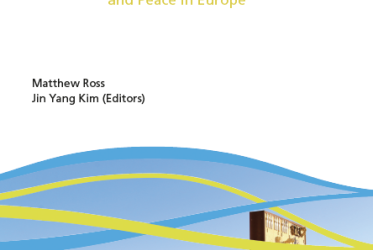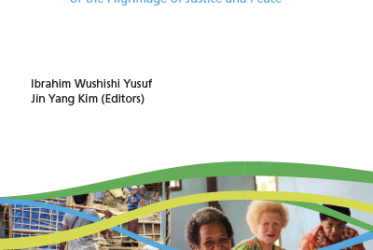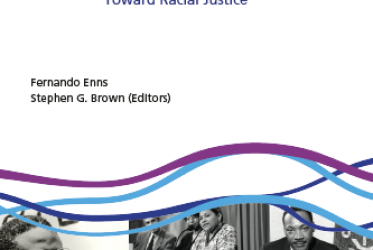Latin America has become one of the critical areas of the pandemic. Some countries in the region have the highest numbers of cases in the world, in absolute and per capita terms.
“Our situation is exacerbated by weak social protection structures, fragmented health systems and deep inequalities, all pre-existing conditions to the pandemic, and that the pandemic itself has increased,” said Ana María Velilla De Medio, from the Evangelical Church of the Disciples of Christ in Argentina.
Focusing on the reality of children and adolescents, De Medio said that the direct and indirect effects of the pandemic on them and their families are multiple, and touch all the dimensions of their development.
“It is estimated that poverty and unemployment will increase child labor rates and will have an impact on the ability of states, societies and families to effectively guarantee the rights of children,” added De Medio, who is a member of the WCC central committee.
After over a year of the pandemic, the World Health Organization has been alerting on the advance of COVID-19 in Latin America, where many countries are reaching peak levels of daily cases. In contrast, vaccines have not yet reached many countries. Brazil, Peru, Ecuador, Bolivia, Argentina, Uruguay, and Guyana are experiencing new peaks of transmission, with a dramatic increase in infections, and their health systems are overwhelmed.
Dina Ludeña Cebrián, from Peru, spoke about the reality of the pandemic among indigenous peoples.
“This experience has devastating consequences and is a disadvantage mainly for these populations, due to the inequalities and inequities of the government system because, in addition, the health systems are not equipped without the basic resources to provide assistance have exposed the gaps. The two- to three day-trips to a hospital in search of medicines and oxygen have caused the death of many of our brothers and sisters,” she said.
“We see with deep sadness and pain that the indigenous peoples continue to be the invisible ones, despite our great value and importance in the care and protection of the earth, biodiversity and the environment, governments, authorities, systems do not achieve see us,” added Cebrián, who collaborates with the WCC’s Ecumenical Indigenous Peoples Network.
Titled “The pandemic in the land of inequalities,” this was the third in a series of WCC Pilgrimage of Justice and Peace consultations exploring the impact of COVID-19 on the global fellowship in eight different global regions.
The event was moderated by Rev. Gloria Ulloa, from the Presbyterian Church of Colombia, who’s is WCC president for Latin America and the Caribbean.






